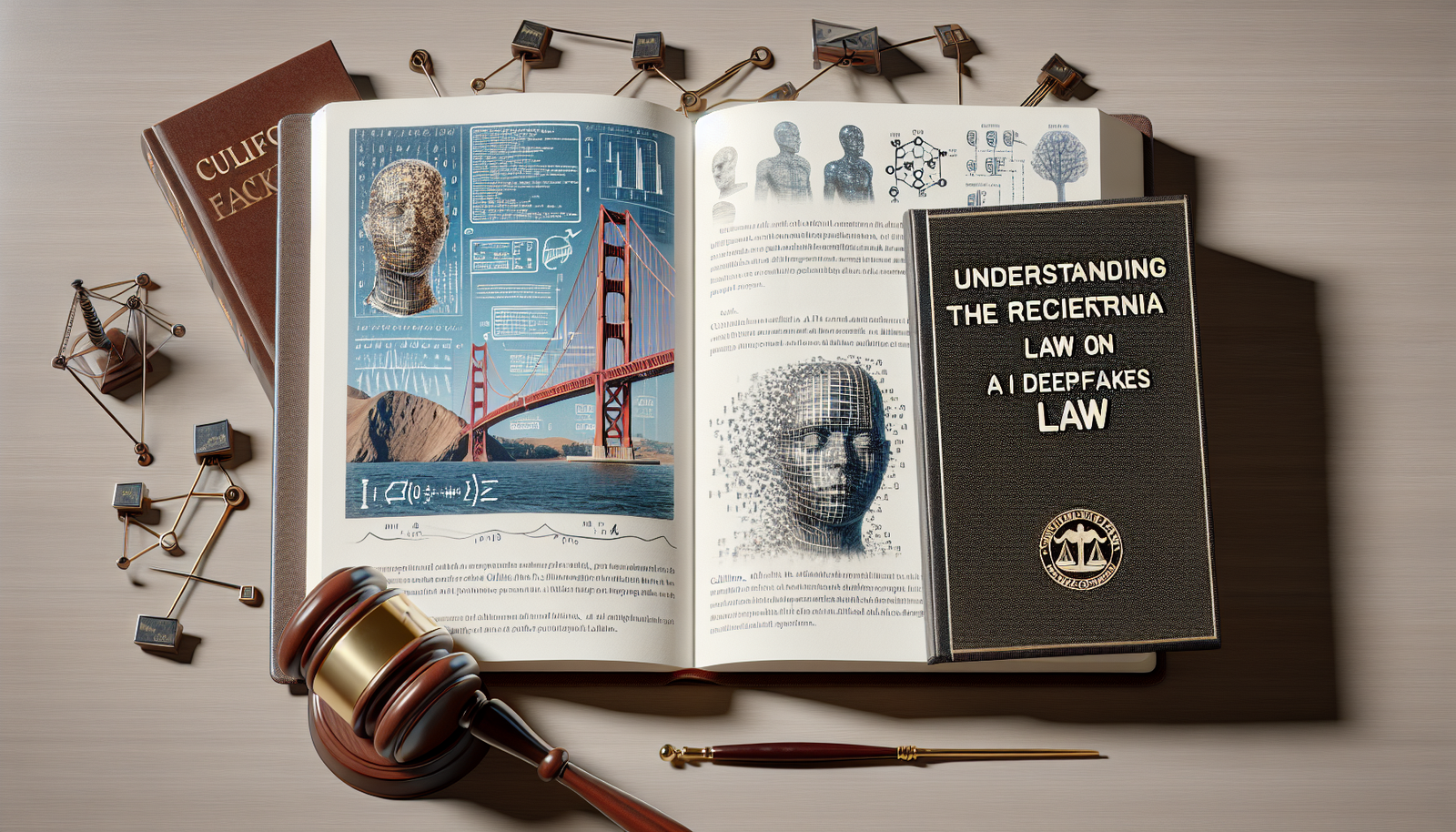Understanding the Recent California Law on AI Deepfakes: A Judicial Review
Recently, a California law aimed at limiting the spread of AI-generated deepfakes related to elections has come under scrutiny. This legislation, known as AB 2839, faced legal challenges just a month prior to the U.S. presidential elections. Judge John Mendez issued a preliminary injunction that hinders the enforcement of this law, which has sparked discussions on its implications and the First Amendment rights surrounding it.
What the Law Entailed
Signed into effect by California Governor Gavin Newsom in mid-September 2024, AB 2839 aimed to impose accountability on those distributing AI-generated deepfakes during election periods. Specifically, it prohibited the distribution of materially deceptive content about political candidates, particularly within the 120 days leading up to an election. Under this law, individuals could file civil actions against violators, potentially leading to the removal of harmful content and monetary penalties.
The Legal Challenge
The law was brought into question after an AI deepfake video featuring Vice President Kamala Harris was shared by Elon Musk on the platform X (formerly Twitter), leading to legal action by the video’s original poster, Christopher Kohls. Kohls argued that the video was satire, therefore protected under the First Amendment.
In his ruling, Judge Mendez referenced Kohls’ claims and emphasized that the law failed to meet stringent legal standards. He declared that AB 2839 was too broad and burdensome, as it could classify nearly any digitally altered content as harmful based on arbitrary individual interpretations.
First Amendment Considerations
Judge Mendez underscored the significance of free speech, aligning the sharing of deepfake videos with newspaper advertisements and political cartoons, which are inherently protected forms of expression. According to the ruling, content creators are entitled to a broad range of speech, even when it’s digitally altered, as long as it critiques or comments on political figures or issues.
Though this preliminary injunction halts the law’s enforcement for now, its fate remains uncertain, raising further questions on how legislation can effectively regulate AI content without infringing on free speech rights.
What Lies Ahead
With upcoming elections on the horizon, the legal landscape surrounding AI deepfakes will likely continue evolving, requiring careful balancing between protecting voters from misinformation and upholding constitutional rights. The discussions sparked by this case highlight a growing need for comprehensive policies that address rapid advancements in technology while safeguarding democratic ideals.
Summary
The injunction against California’s AB 2839 underscores the complexities of governing AI-generated content. As technology continues to advance and shape public discourse, it becomes increasingly vital for laws to adapt without encroaching upon fundamental rights. As we await further developments, the intersection of AI, law, and civil liberties remains a critical conversation in the digital age.

